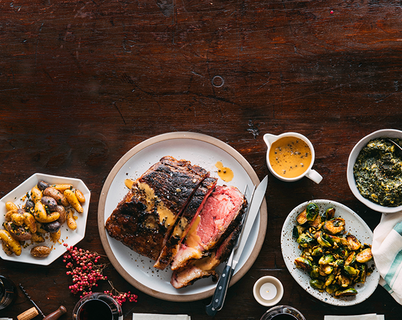S Dekalb Picidally Food Score

I’m a huge fan of the FOX show “Kitchen Nightmares”. In the show world renowned chef, Gordon Ramsay, travels the country and tries to ‘fix’ restaurants that are struggling.
Food & Drink; Atlanta Music Scene. DeKalb County restaurant inspection scores. By Laura Berrios, For the AJC. DeKalb Jamaican joint hid failing score, passes re-inspection. Nov 19, 2018. A score of 70 or above is considered passing. Inspectors also noted that two employees used a thermometer to take food temperatures without first washing it. ORIGINAL STORY: During its recent inspection, a Piccadilly employee ate grapes while preparing fried fish, according a DeKalb County health inspection report. We would like to show you a description here but the site won’t allow us.

99% of the time, the kitchen is disgusting. Freezers haven’t been cleaned, uncooked meat left out over night, leftovers being reused, ruined ingredients left in the freezer/pantry.
This got us thinking about the local restaurants that we all eat at every single day. Understand that there are any number of reasons to bring down the health score of a restaurant and it can be quite the tedious grading process. Having said that, you should know where you’re eating. Here is the list of the most recent health scores given to DeKalb County restaurants by the Alabama Department of Public Health.
The Food Stamp program is administered by the Department of Human Resources, Division of Family and Children Services through the Department of Family and Children Services in each county. Households may qualify for food stamps if they are employed but receive low wages, are unemployed or only work part time, receive welfare or other types of assistance payments, or are elderly or disabled and live on a small income. Owning a home and car does not preclude a household's receiving stamps. The overall administration of the Food Stamp program is the responsibility of the U.S. Department of Agriculture and the basic rules of the program are the same for all states.
The amount of food stamps a household can receive is based on USDA estimates as to how much it actually costs to provide a household with nutritious, inexpensive meals. The program is not designed to meet all of a household food budget and households are expected to spend some of their own money for food. The determination of eligibility and amount of benefits is subject to the application of a large number of regulations and requirements for verification of information. Listed below are some of the basic rules and kinds of verification required: • Citizenship: U.S. Citizens and certain legal aliens may qualify. • Social Security numbers: All household members must have a social security number or present proof that a social security number has been applied for. • Work requirements: Able-bodied persons between age 18 and 60 must register for, and accept an offer of suitable work.
• Students: Most college students are not eligible to participate in the food stamp program. Able-bodied students between the age of 18 and 60 who are enrolled in college at least half time are eligible only if they are: • Receiving Temporary Assistance for Needy Families (TANF).
• Working under a Federal workstudy program during the school year or are working at least 20 hours per week. • Caring for a dependent under age 6 or caring for a dependent between age 6 and 12 if adequate child care is not available. • Studying through a program under the Job Training Partnership Act. • Persons on Strike: Households with members who are on strike are not eligible unless they would have been eligible prior to the strike. Eligible households cannot receive a higher allotment because of the decrease in income of the striking member. • Resources: Some of the households resources are counted and some are disregarded.
All households may have up to $2,000 worth of countable resources. Households with at least one member age 60 or over may have up to $3,000 in countable resources. Resources which are not counted include: • The home and surrounding lot • Household goods and personal belongings • Life insurance policies • Income: Almost all types of income are counted and only households with income below certain levels will qualify for food stamps. The qualifying level of income is adjusted according to household's size. • Deductions: Certain deductions can be subtracted from countable income in determining eligibility. Some of the deductions from income which are allowed are: • A standard deduction to cover basic household expenses. • A 20 percent deduction from gross earned income.
S Dekalb Piccadilly Food Score Today
• A deduction for the actual cost of dependent care and a portion of high shelter costs. There is a maximum on the amount of each of these expenses, which may be deducted. Households with members who are disabled or age 60 or older may qualify for two additional deductions: • A deduction for medical costs over $35 per month • An extra deduction for high shelter costs Maximum Resource Limit - $3,000 for all households with at least one member who is sixty years old or over, and $2,000 for all other households. Financial Requirements • Gross income below 130% of Federal Poverty level • Net income below 100% of Federal Poverty level • Resources below $2000 limit (below $3000 limit for assistance units containing someone age 60 or older.